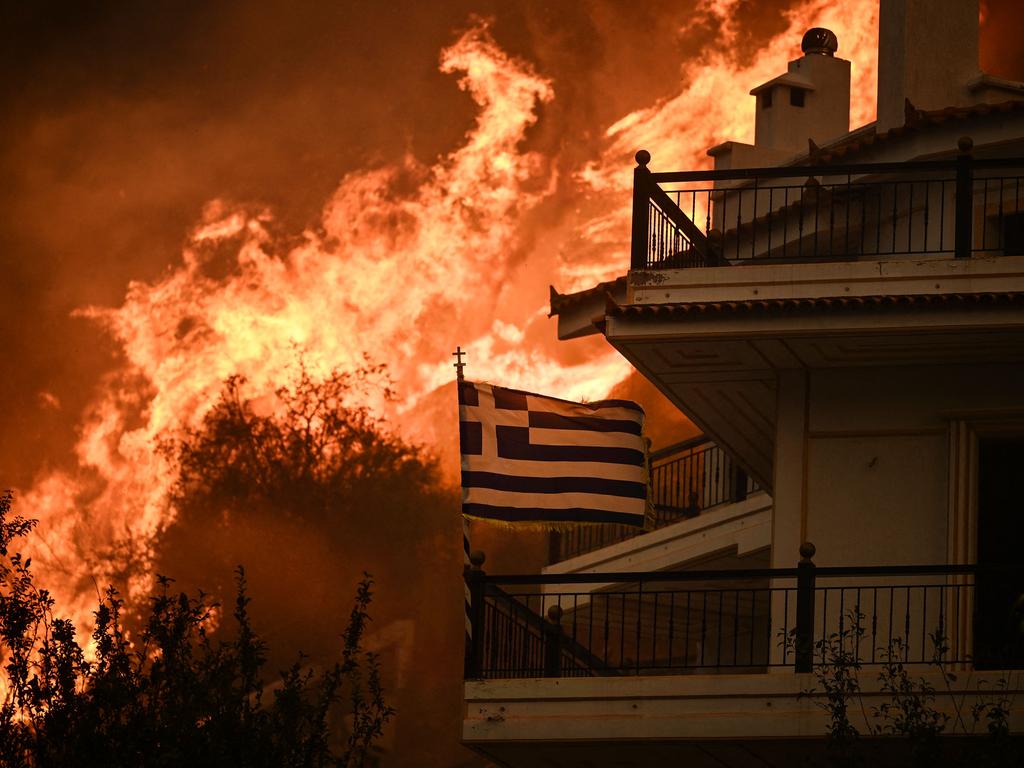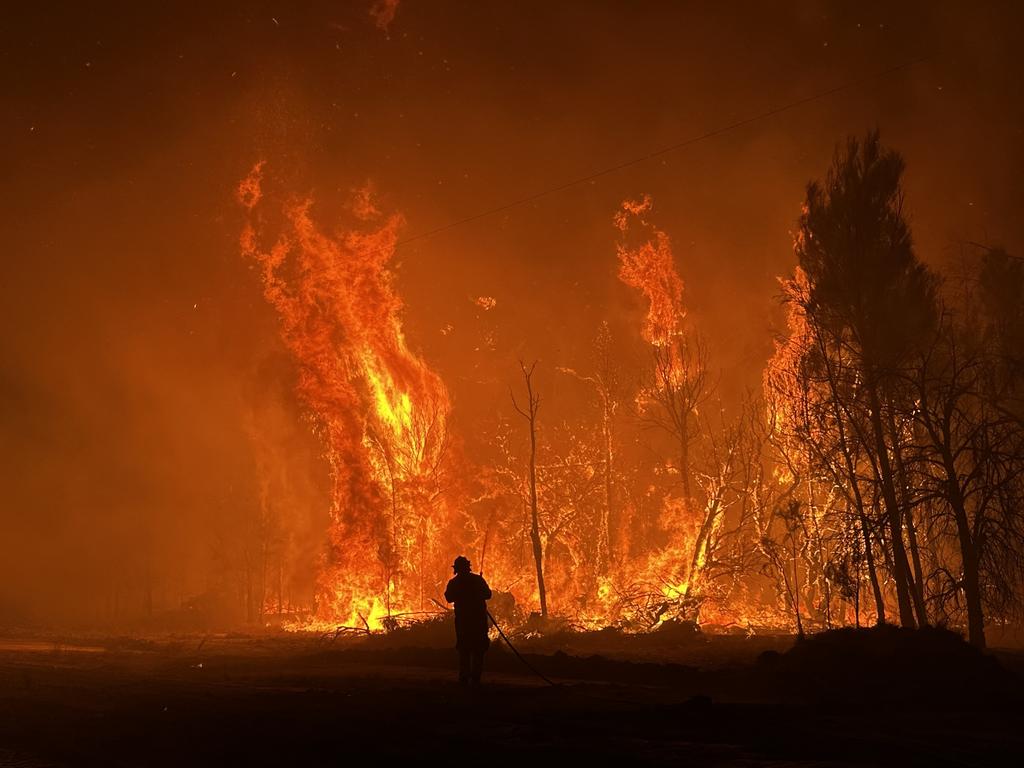UN warns ‘climate breakdown has begun’ after hottest northern hemisphere summer on record
An alarming weather warning has been announced to the world after a dramatic trend emerged in just a few short months.
The United Nations weather agency has issued a dire warning to the world, announcing that the planet Earth has just experienced its hottest three months on record.
The data, released by the European Union’s Copernicus Climate Change Service in collaboration with the World Meteorological Organisation (WMO), revealed that the northern hemisphere summer contributed to a 0.66C uptick in global temperatures.
UN Secretary-General Antonio Guterres expressed concern about the severity of the situation and its impact on the planet, following a devastating wildfire season that spread across Europe, North America and parts of Asia.
“Our planet has just endured a season of simmering — the hottest summer on record. Climate breakdown has begun,” Guterres said following the release of the report.
“We can still avoid the worst of climate chaos. We don’t have a moment to lose.”
Meanwhile, WMO’s Secretary-General Petteri Taalas warned the rise in temperatures has already had a “lasting toll on the environment” and has harmed the health of some.
“The northern hemisphere just had a summer of extremes — with repeated heatwaves fuelling devastating wildfires, harming health, disrupting daily lives and wreaking a lasting toll on the environment,” he said.
He warned that the shrinkage of Antarctic Sea ice reached unprecedented levels, as global sea surface temperatures set new records.
“It was literally off the charts, and the global sea surface temperature was once again at a new record,” he continued.

The report, incorporating data from multiple global monitoring organisations, emphasised that last month was the hottest August ever recorded, both on land and in global sea surface temperatures.
Carlo Buontempo, director of the Copernicus Climate Change Service, estimated August be approximately 1.5C warmer than pre-industrial levels.
It came as the UK’s Met Office warned of a 98 per cent likelihood that at least one of the next five years will be the hottest on record.
Copernicus data indicates that 2023 is on track to become the hottest year on record, currently ranking second only to 2016 in terms of temperature.
Australia has been tipped for a scorching summer this year, with climate researchers warning that humans will need to “adapt or die” in the coming decades, should temperatures continue to steadily rise.
“Never has the destructive force of climate change revealed itself so widely across the globe, and the explosion of climate-fuelled disasters has given billions of people a first-hand understanding of their ferocity — and impact,” says Council on Foreign Relations climate fellow Alice Hill.
“The sudden explosion of record temperatures carries a warning for humans: adapt or die.”

Governments have been pushed to respond to the inevitable change in climate. But exactly how to fix the problem remains a massive controversy on both sides of the political fence.
“Although climate scientists have long predicted an increase in such extreme weather events, some have recently expressed alarm at the sheer speed at which the climate is changing,” writes Ms Hill.
“Society’s new-found personal experience of climate catastrophe can, and should, serve as a propellant for increased adaptation efforts. But whether widespread calamity will push governments and political leaders to act more forcefully on climate, including adaptation, remains an open question.”
According to a new study in the journal Nature Communications, the planet is in danger of experiencing a “catastrophic climate event” in the next 70 years.
Prof Peter Ditlevsen from the University of Copenhagen in Denmark, who led the study, said there is a risk of The Gulf System collapsing, meaning the shutting down of vital ocean currents.

If the Atlantic Meridional Overturning Circulation (Amoc) is shut off, sea levels would rise significantly up the eastern coast of North America, and the Amazon rainforest and Antarctic ice sheets would further be endangered.
In such an event, rain responsible for growing food for billions of people across India, South America and west Africa would be disrupted, while storms would increase and temperatures would drop in Europe.
The sea level would rise significantly up the eastern coast of North America, and the Amazon rainforest and Antarctic ice sheets would further be endangered.
“I think we should be very worried,” Professor Ditlevsen said.
“This would be a very, very large change. The Amoc has not been shut off for 12,000 years.”




